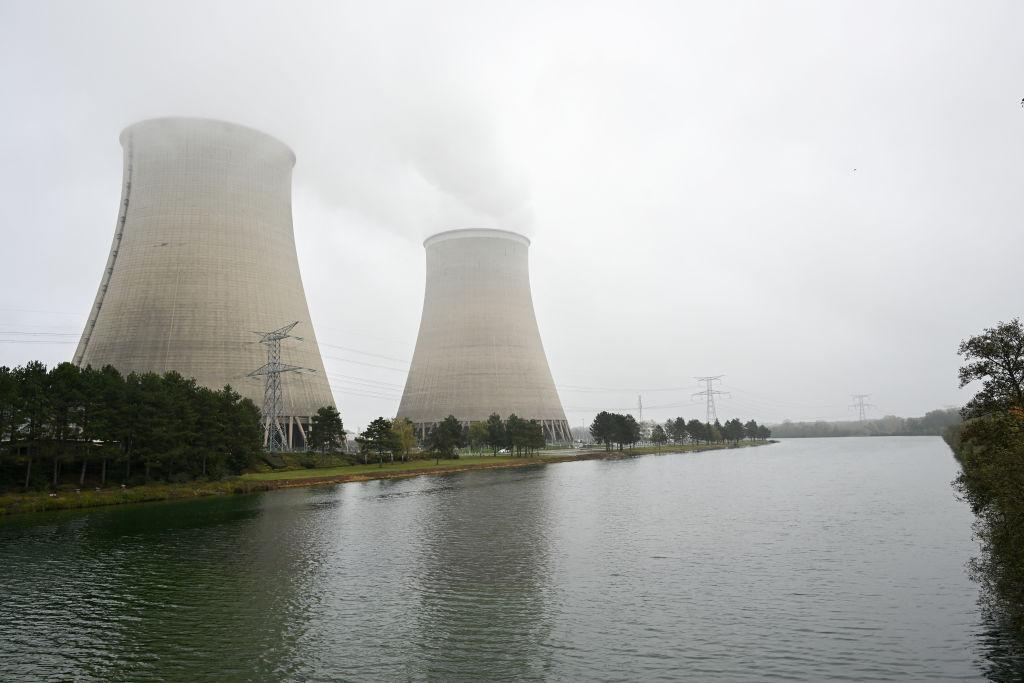Australia’s banking regulator has stated that it will not ease the interest rate buffer requirements for borrowers despite more homeowners being subject to mortgage stress.
This comes as a significant number of borrowers will see their cheap fixed-rate home loans, which were acquired before the central bank started the interest rate hiking cycle in May 2022, expire by the end of this year.
The RBA expected most of the fixed-rate loans to roll on to much higher variable interest rates that carried the full weight of its cash rate hikes.
In such a situation, many borrowers have resorted to refinancing to cope with the surge in interest rates.
During a recent Senate committee hearing, Australian Prudential Regulation Authority (APRA) chair John Lonsdale said Australian mortgage refinancing had reached the highest level in 20 years.
He also noted that there was plenty of competition in the lending market with the absence of regulatory impediments to borrowing.
While the head of the banking regulator acknowledged that some mortgagors might have difficulty refinancing their loans, he stated that the APRA would keep the buffer required for qualifying for a mortgage intact.
“For some, the impact of rising interest rates may have resulted in less favourable serviceability results. Others might be impacted by declining housing prices or changed personal finances,” he said.
Lonsdale added that banks still lent out to homeowners when they identified them as good borrowers.
Financial Broker Community Calls for A Drop in the Buffer
Lonsdale’s remarks come as the financial broker community has been calling for a reduction in the interest rate buffer to protect vulnerable borrowers.
Meanwhile, Matthew Posselt, the owner of the broker firm Elite Finance Australia, said the APRA should adopt a common sense approach concerning refinancing.
APRA Says Australia Is Not Exposed to Banking Collapses
Meanwhile, the APRA head told the Senate committee that Australian banks were unlikely to suffer from banking collapses as witnessed in the United States and European Union.“The Australian financial system remains very strong, very stable, very resilient,” Lonsdale said.
However, he noted that the recent events had highlighted “new complexities and challenges” in the banking environment.
“There are linkages, and there are lessons ... we are in the risk business,” Lonsdale said.
While acknowledging that the stability of the system depended on the people running the banks, Lonsdale said he had met with the boards of three major Australian banks in recent weeks and reminded them of the banking collapses in March.
“I can tell you all of them are very alive to that,” he said, noting that both the APRA and the banks paid close attention to international situations.





